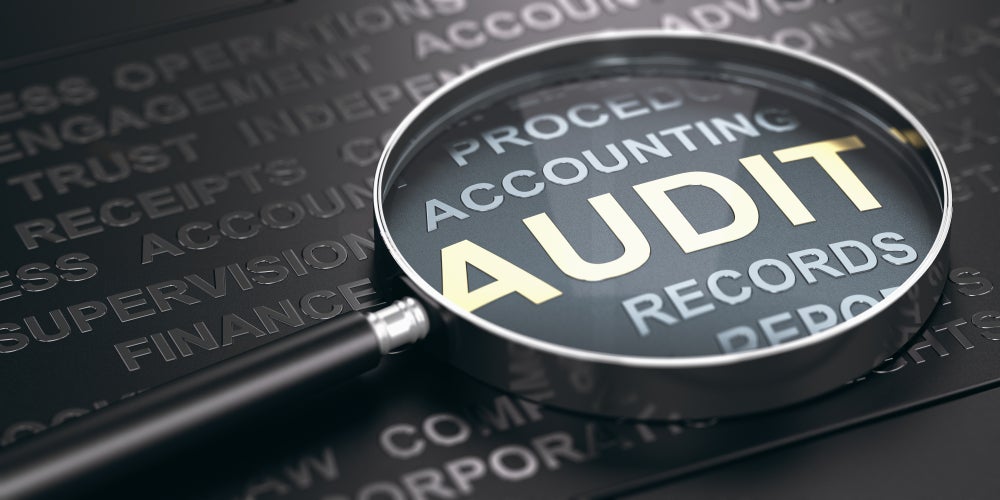As the convergence process between IFRS and US GAAP reached a deadlock, newly appointed president of the French standards setter (ANC) Patrick de Cambourg said standard setting is entering a new geopolitical era in which all actors are still trying to position themselves.
In London to meet IASB chair Hans Hoogervorst, De Cambourg caught up with The Accountant and said: "Today the geopolitics of standard setting has changed because of the end of the convergence process between IFRS and US GAAP."
He acknowledged the numerous efforts and initiatives since the Norwalk agreement of 2002 between the IASB and the FASB to find a path to a single set of standards, and said that even the Group of 20 (G20) had made an engagement in that sense.
"There have been some attempts but it is not an easy process because to reconcile a principles-based system with a rules-based system is conceptually in itself already a complex affaire," he said. "And today we have to acknowledge that it won’t happen, at least in a foreseeable future."
Therefore De Cambourg argued that there won’t be only one set of international standard because even though US GAAP is a national standard, being the standard of the world’s first economy it carries a very powerful weight internationally.
Hence the IASB needs to focus on the economic zones which have consciously chosen IFRS, according to him. "And the first of these zones is Europe," he said. "I’m sure other countries and regions say that Europeans are too present at the IASB, but it has to be noted that Europe’s capital markets and its international businesses are significant players in the world’s economy, so their concerns have to be heard."
How well do you really know your competitors?
Access the most comprehensive Company Profiles on the market, powered by GlobalData. Save hours of research. Gain competitive edge.

Thank you!
Your download email will arrive shortly
Not ready to buy yet? Download a free sample
We are confident about the unique quality of our Company Profiles. However, we want you to make the most beneficial decision for your business, so we offer a free sample that you can download by submitting the below form
By GlobalDataIt is a new geopolitical game, he reiterated before cautiously adding that the dialogue between FASB and IASB would continue in order to avoid major differences between the two sets of standards. "But quite frankly the world can live with two models and there is more than one way to organise standard setting," he concluded.
Asked if in this logic he could see the emergence of a third force, like China, in the game of international standard setting, De Cambourg dodged the questions saying that before answering whether China would become a reference in international standard setting he was more interested to know if and how China will operate for itself.
He then reverted without apparent link to his meeting with Hoogervorst saying that one of his main objectives as the incoming president of the ANC was to create a strong, direct and trustful relation between the IASB and the ANC. Relation he described as a two-way traffic between both organisations, to share ideas and explain disagreements.
"Standard setting is often considered to be linked with a country’s sovereignty, I even heard this idea in the European Parliament," he said. "So we are in an interesting moment of the positioning of the different actors and the ANC wants to contribute positively in this new deal, we are really in a new deal."
Related article:
France should be an international leading voice in standard-setting: De Cambourg






